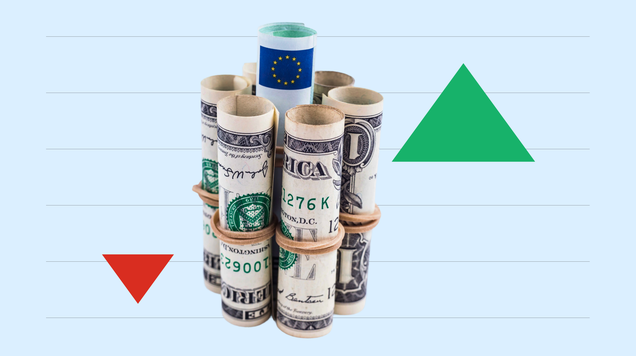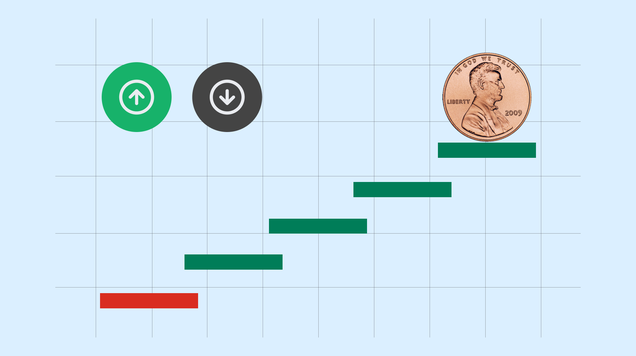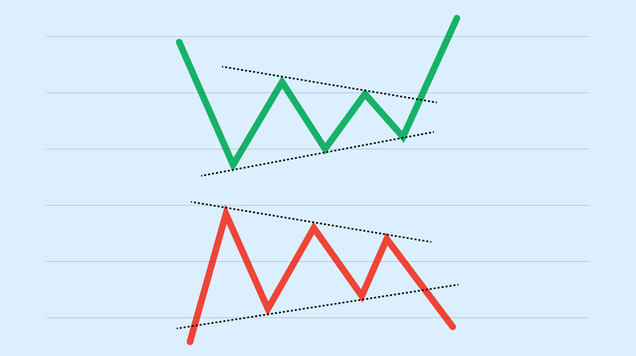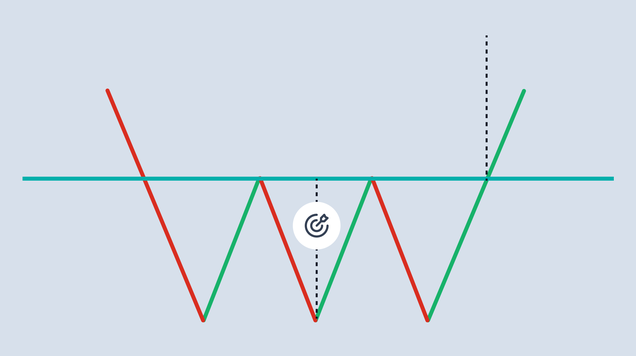What is equity in the investment world?
The term equity comes up in several financial settings, from shares to home ownership to private companies. With so many uses, it’s easy to see why people find the concept unclear.

Equity means the value of an asset once any debt has been deducted.
Investors purchase equities for capital growth or dividend income.
Equities can be a key component of a diversified portfolio.
This article outlines what equity is, explores its meaning across several contexts and then focuses on how equity works in the investment world. Because equities can help grow wealth and diversify a portfolio, it’s a topic worth understanding.
Equity explained, plus examples
In essence, equity is the value held in the ownership of something. You can calculate equity by taking the market value of the asset minus any debt associated with it.
Home equity is a simple example. A homeowner’s equity is the value of their home minus any debt associated with it, such as a mortgage. Over time, home equity usually increases because the home’s market value increases while the mortgage value decreases through repayments.
Here’s another simple example. In private business ownership, equity is the amount of money left over after debts are paid off to creditors during liquidation.
Understanding equity investment
As an investor or potential investor, you will likely be interested in equity trading and investment. Equity investment is a popular form of investment and it involves buying company shares. People often use the terms stocks, shares, and equities interchangeably.
When investors buy shares on the stock market, they become shareholders in that company. In effect, they are buying a share of company ownership. The value of this ownership is shareholder equity.
Shareholder equity represents what would be returned to the investor if the company were liquidated and all its debts paid. You can calculate shareholder equity by referring to a company’s balance sheet. Equity is the total assets minus total liabilities.
Positive and negative equity in finance
Like all types of equity, shareholder equity can be negative or positive. Negative shareholder equity means that the total value of a company’s debts exceeds the value of its assets and this may represent a risky investment. Conversely, positive equity implies that a company is in better health as the value of its assets exceeds its debts.
How investors work with equity
Equity investors buy shares expecting that their value will rise, allowing them to sell at a profit or benefit from dividend payouts. Shareholder equity fluctuates in value when the balance between the company’s assets and debts changes. Equity may increase if the value of the company increases or its debts decrease, and selling at this point would be profitable.
Equity shareholders can earn dividends from their investment, too. Dividends are distributions of earnings to a company’s shareholders, usually quarterly.
Owning equity also gives shareholders the right to vote on various company actions and in elections to the board of directors. These benefits mean that shareholders can help shape the direction of a business.
How companies rely on equity
Equity in finance is important because it represents both a picture of a company’s financial health and an opportunity for the company to raise capital.
Companies sell equity in their business by listing shares on the stock markets. Usually, a proportion of ownership is presented to the public in the form of stocks or equities, and potential investors are invited to purchase these in the volume they choose.
For companies, equity can be used to raise capital. By selling stocks, companies can purchase assets, make investments in new projects, or fund new operations. This process helps drive the growth of a business and is known as equity financing.
Deciding if equity suits your goals
Equity investment can be part of a diverse portfolio alongside other asset classes like forex and commodities.
Purchasing shares of a company on an exchange can be a wise investment when you have the expectation that the share price will increase in the long term. If your shares increase in value, you can sell them in the future for profit as well as enjoy dividends in the short term. Remember, however, a share price increase is not guaranteed.
Choosing the right kind of equity investment
Consider investing in public equities on the stock market. Note that private equity funds are stakes in a private company not listed on the stock exchange, and involve a long-term and high-stakes commitment. Public equities, on the other hand, can be bought on the stock market by anyone with a brokerage account and do not lock you into a long-term commitment.
Where to learn more about equities and trading products
Learn to trade with Equiti. You can learn the basics of trading, improve your financial literacy and discover how to make smart choices with our helpful resources. Use our demo account to hone your investment techniques with simulated, risk-free trading on live global markets.
When you are ready, get access to global markets with our secure online trading platforms. Our dedicated team of customer support and account managers is ready to help you every step of the way. Equiti is licensed by the UAE Securities and Commodities Authority (SCA). Start your investment journey today with Equiti.









